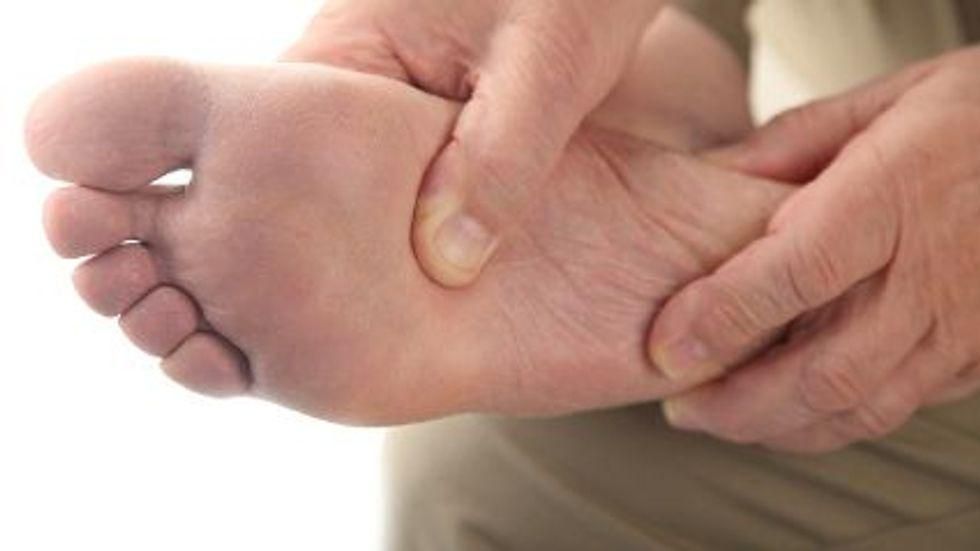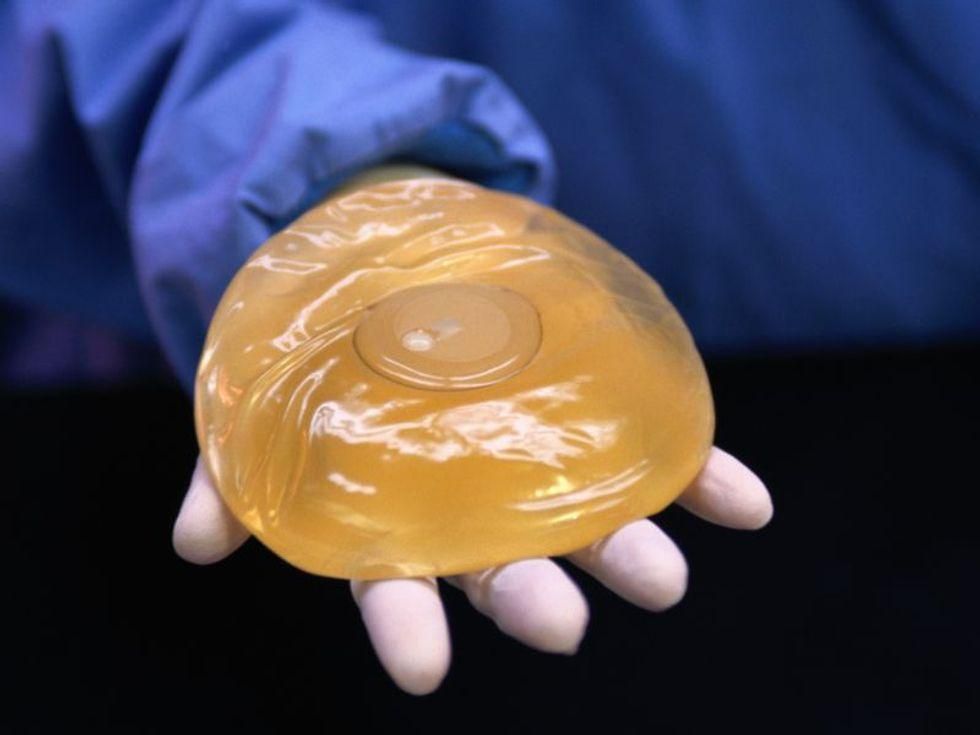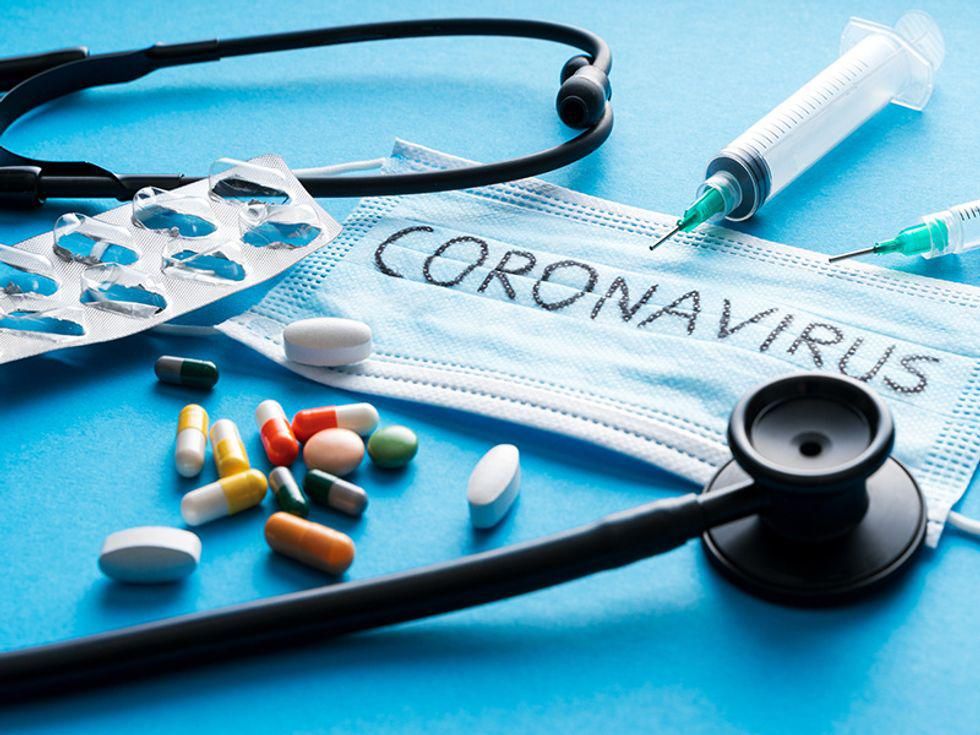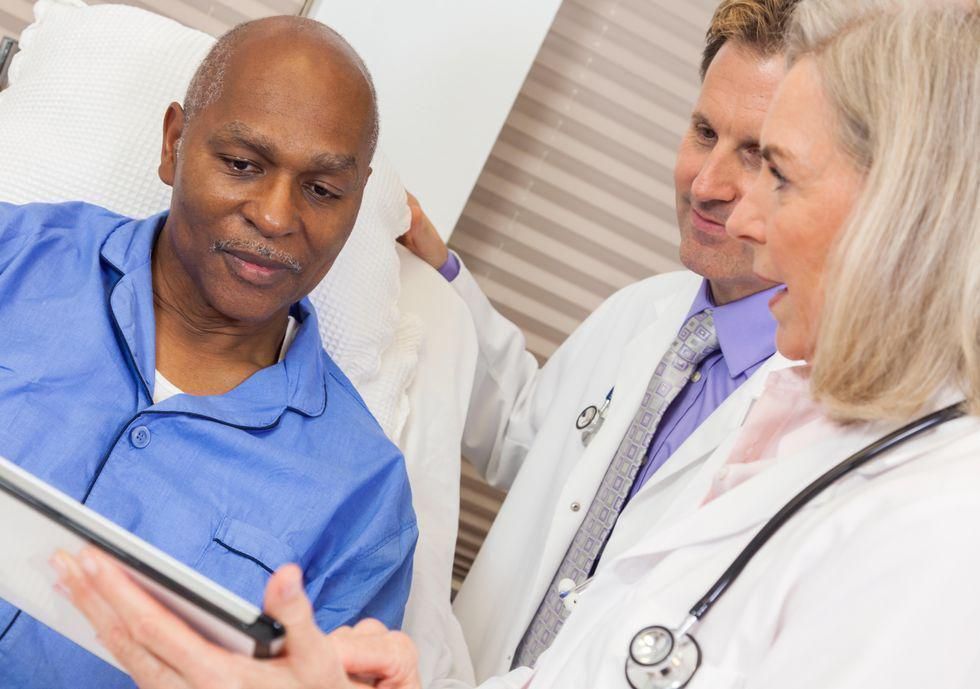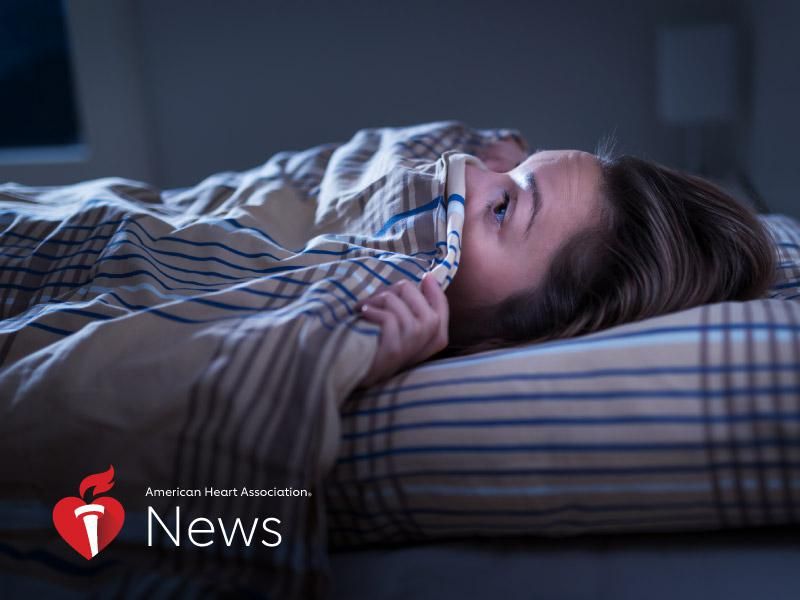
A cheap and widely available antidepressant drug called fluvoxamine may reduce COVID-19 patients’ risk of serious illness requiring hospitalization, according to a new study. The trial included almost 1,500 unvaccinated outpatients in Brazil. All of the patients tested positive for infection with SARS-CoV-2 and were deemed to be at high risk for a severe case… read on > read on >










